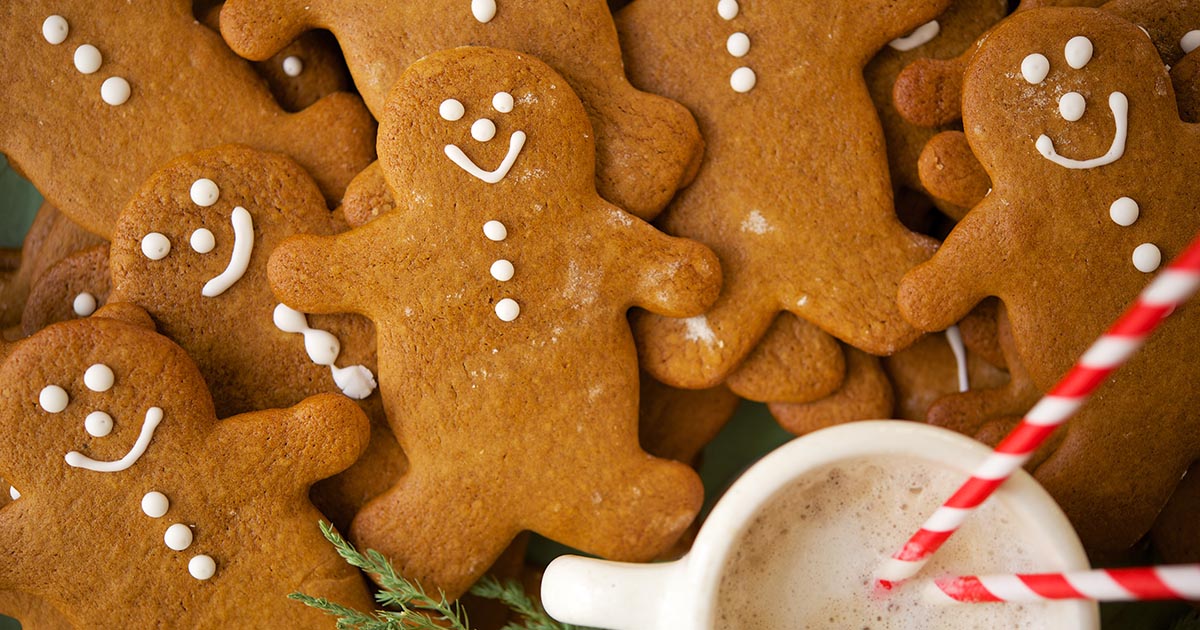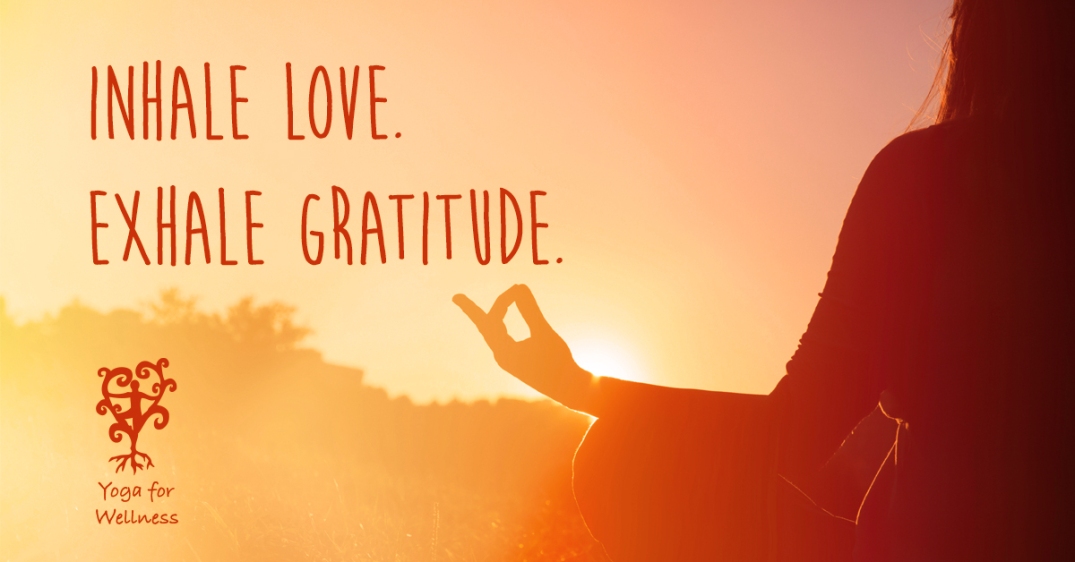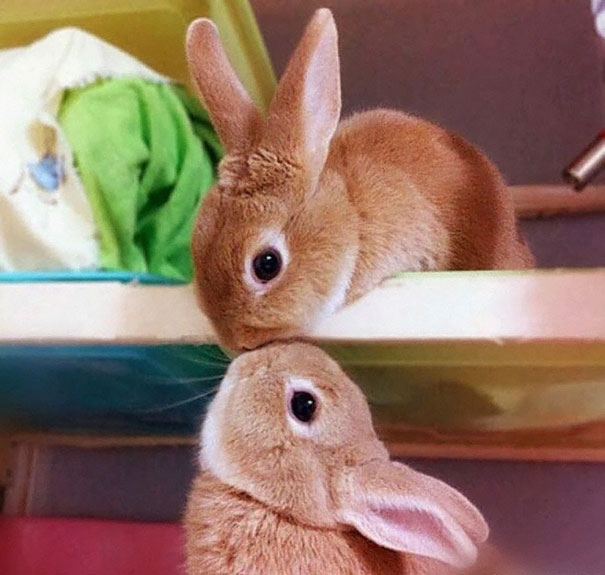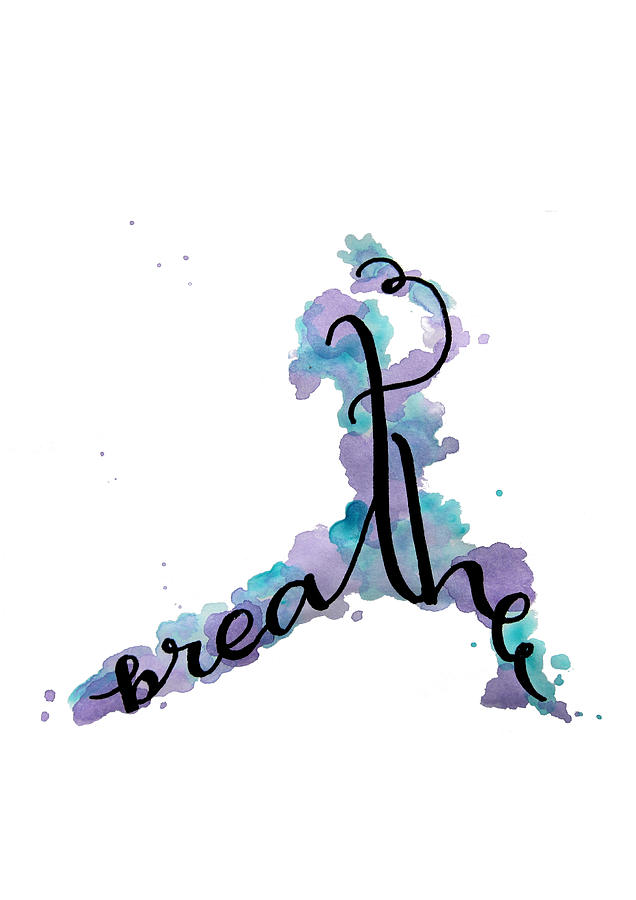Seriously, though . . . these gingerbread men are more enlightened than I am sometimes.
 |
| From delish.com |
It's the time of year that, between Christmas songs, radios play advertisements for gym memberships to help you "get back on track" after the holidays. I'm by no means being critical or negative about these ads. Gym memberships can be wonderful opportunities for people to take a break, relax, and do something fun and active. But the way we talk about "fitness" is seriously flawed. By using phrases like "earn it to burn it," we've created a paradigm that food and exercise are related. In order to eat, you need to work out.
If I told that to my child self, she'd look at me like I were crazy. For little kids, "working out" isn't really a thing. My students move around intuitively, eat intuitively, sleep well, and lead healthy lifestyles just by default, and they all look different based on genetics. They don't have any of the addictive, unhealthy habits that hurt people physically and mentally, and they don't exist in extremes. None of them are equating what they eat to how they move, yet none of them are spending all day watching YouTube videos, either. "Balanced' doesn't mean "following all the magic health guidelines" and being "perfect." It means just being and living in a way that is light and flexible and free and connected to nature, your spirit, and other people.
In other words, "balanced" does not mean jumping on the self-hate train as soon as the holidays are over.
I know that this is much easier said than done. It's been a long, long time since I've eaten dessert and felt totally, 100% "free" about it afterwards. Usually, a lot of breath-holding and self-hate is involved! As someone who loves yoga, meditation, and spirituality, I often feel like a hypocrite. I give so much lip service to "compassion" and "loving-kindness" and "flexibility," but then when I'm supposed to be compassionate, kind, and flexible with myself, I'm the opposite.
 |
| Janis is probably talking about anorexia! (Image not mine.) |
What's been helping me in times of self-bullying (which, for anyone affected by New Year's food- and body-shaming, may be more frequent during the holiday season) is taking a deep breath and going to that more spiritual place in my head that realizes my body is a gift, not a burden or an object. Again, this is easier said than done, but when you're judging yourself, try to take a step away from yourself. There's this lovely quote floating around the Internet about how everyone is just a "ghost piloting a meat-covered skeleton made of stardust." If at our essence we're really just ghosts/souls/spirits/cosmic beings, then our bodies are vehicles through which we can interact with the world. We need to appreciate them for what they are, take care of them, and stop angsting about how to "change" and "fix" them. JUST BE. The only thing you need to "detox" right now is self-hate. It's doing much more damage than any enlightened little gingerbread man every will.
<3 <3 <3




























